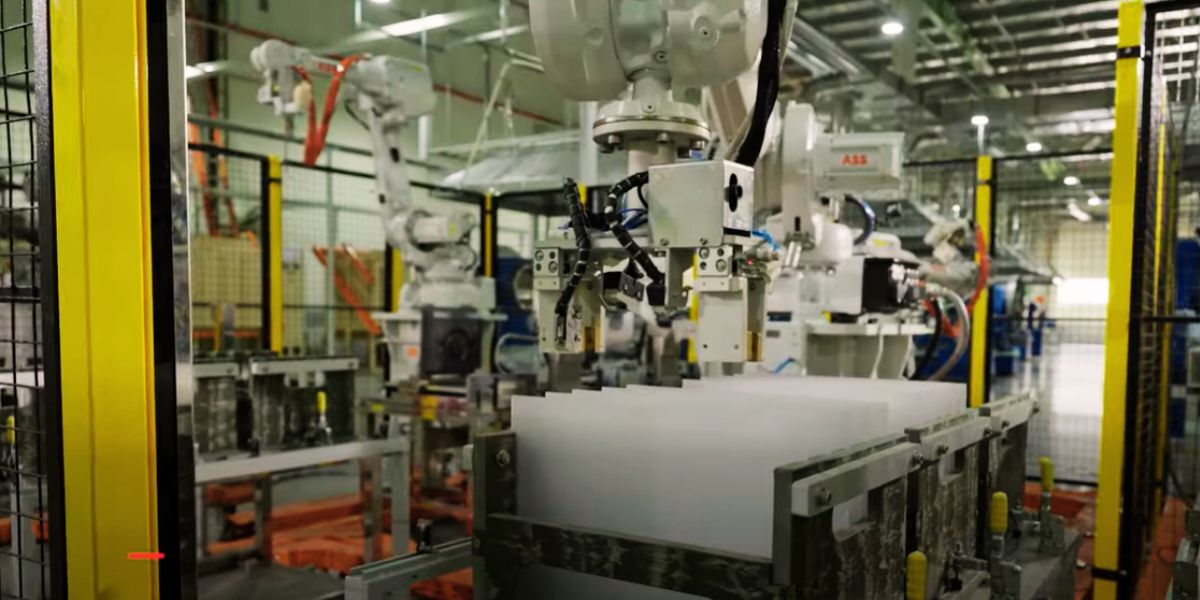Since the introduction of new U.S. tariffs, many Canadian, and particularly Quebec-based, manufacturers have seen their competitiveness eroded. The impact is especially severe for companies that rely on imported raw materials or components, or that export heavily to the U.S. In this shifting landscape, only those who have anticipated, innovated, or adapted are staying ahead.
While some companies have responded by adjusting prices or diversifying their supply chains, others have taken a more strategic approach: investing in automation.
Automation: A Strategic Lever for Resilience and Efficiency
In a trade war, every margin point matters. Automation helps manufacturers regain control over costs while boosting productivity and consistency.
Here’s how:
- Lower Internal Costs
By automating repetitive or technically demanding tasks, companies reduce errors, waste, and the reliance on manual labor for high-strain positions. - Improved Product Quality
Vision systems enable real-time quality control, minimizing defects and product recalls. - Higher Throughput
Industrial and collaborative robots operate continuously—day and night—allowing for faster production cycles. - Operational Safety
Automating hazardous processes reduces workplace accidents and mitigates labor shortages in skilled positions.
Case Study: AQT Boosts Productivity with ABB Robotic Cell
AQT, a precision metal parts manufacturer, faced serious challenges. Their operators manually handled high-temperature heat treatment—a process prone to accidents, errors, and high employee turnover.
By integrating a fully automated ABB robotic cell to manage the heat treatment cycle:
- ABB robots now load and unload parts from the furnace with consistent precision.
- A separate handling robot transfers heated parts and loads the next batch.
Results:
- Cycle time reduced from 25 minutes to just 5—a time savings of 80%.
- Daily output quadrupled to 100 parts per day.
- Production errors cut by 80%.
- Workplace safety significantly improved.
By automating, AQT offset rising tariff-related costs with dramatic reductions in internal production expenses and better quality control.
Automation: A Long-Term Hedge Against Economic Uncertainty
While most manufacturers are under pressure, others like Top Glaciers, maker of Bilboquet, Lambert, and Solo Fruit ice creams, are thriving due to favorable market shifts, with grocery store sales up 50% year over year.
For the majority, however, automation is quickly becoming essential to maintaining a competitive edge. It not only helps companies weather uncertain trade policies, but also builds stronger operational foundations for the future.
Sources : AQT Étude de cas par ABB
TVA nouvelles - Guerre tarifaire: des entreprises québécoises voient leurs ventes bondir

